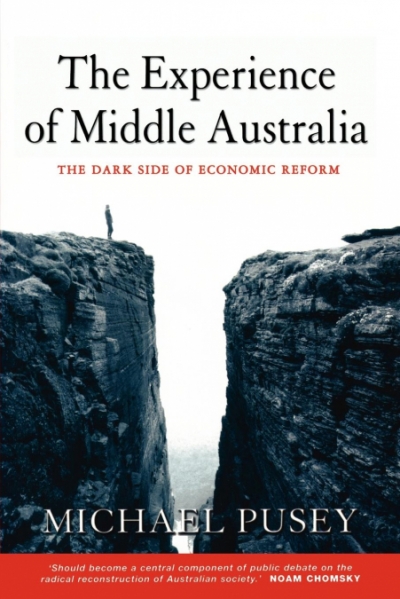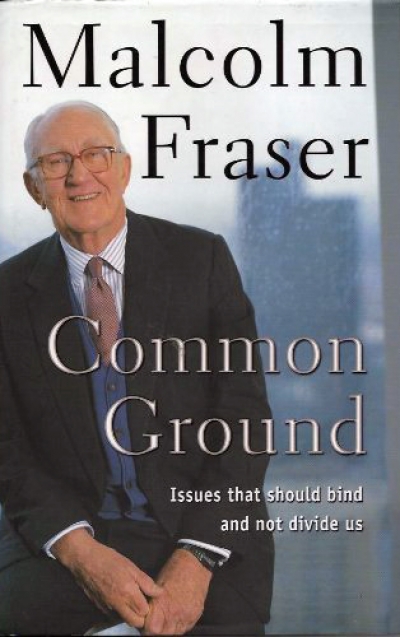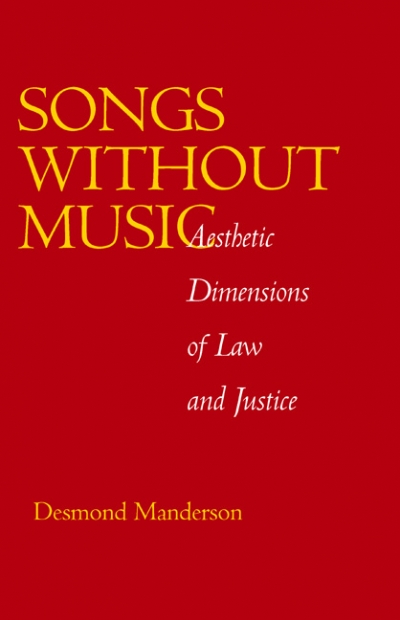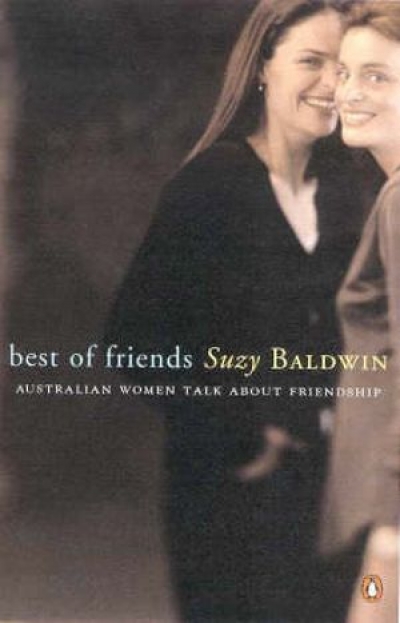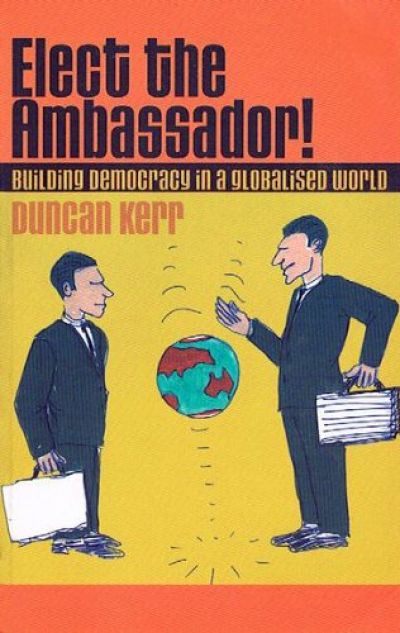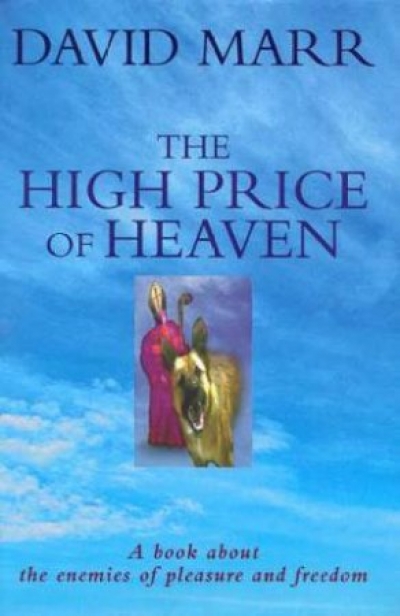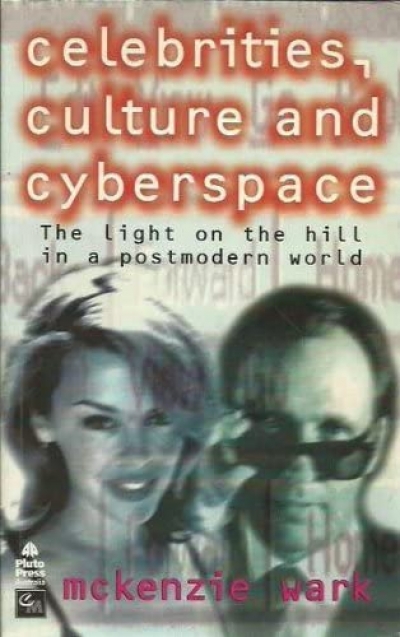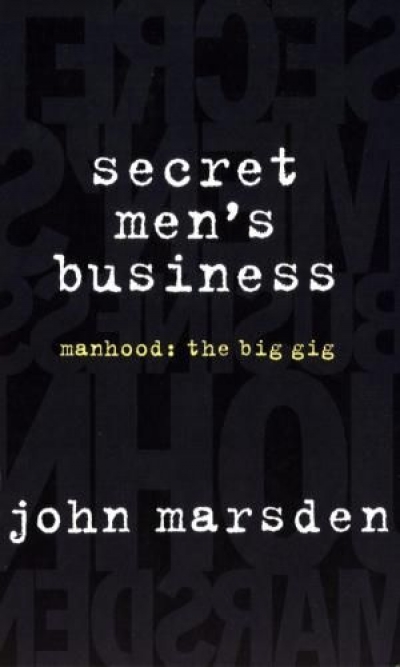Society
The Experience of Middle Australia: The dark side of economic reform by Michael Pusey
Is the great white middle class endangered in Australia? If it is, does it matter greatly? Michael Pusey answers ‘Yes’ on both counts. He argues that we are seeing a ‘hollowing out of the middle’. If he is right, this hollowing out has significant consequences. Both major political parties have spent decades courting the wannabe middle class – from Robert Menzies’ ‘forgotten people’ to Gough Whitlam’s outer suburbanites, and from Mark Latham’s ‘aspirational’ voters to the recipients of John Howard’s tax welfare and handouts for private schools. A significant contraction of this constituency would create political shock waves. In addition, the decline of the middle class would throw an interesting light on our current prime minister who, more than anyone since Menzies, has represented middle-class values and aspirations while championing the radical economic restructuring that Pusey sees as leading to the decline of the middle class.
... (read more)Common Ground: Issues that should bind and not divide us by Malcolm Fraser
When Malcom Fraser was prime minister, he was generally thought of as a hard and ruthless man of the right. In part this was because of the role he played in the removal of Gough Whitlam; in part because of his fiscal prudence; in part because of his orthodox Cold War foreign policy. Following his defeat in 1983, an alternative picture of Fraser gradually emerged. Under Labor, Australia embarked upon a program of economic rationalist reform. For his failure to anticipate this programme – to be wise or, as some would say, unwise before the event – Fraser was caricatured, especially by his former political friends, as a do-nothing prime minister. His time in office was ridiculed as Seven Wasted Years. After 1996 Fraser became one of the most influential critics of John Howard’s new brand of populist conservatism. The portrait of him was once more redrawn. The left saw him as a principled humanitarian; the right as an incorrigible Wet.
... (read more)When Arthur Phillips conjured up the cultural cringe fifty-two years ago – he was Arthur then, only later becoming the more formal A.A. Phillips – he had little idea how that phrase would come to haunt us. When interviewed by Jim Davidson in 1977, Phillips was rather dismissive about his original 1950 Meanjin article, although he noted that it was ‘twice nearly strangled in infancy’, first by editor Clem Christesen who hadn’t liked it, and then by a member of the Commonwealth Literary Fund Board who urged him not to include it in his collection The Australian Tradition (1958). But he attributed the popularity of the phrase to its being ‘catchily alliterative – and alliteration is the most facile stylistic trick there is’.
... (read more)Faithlines: Muslim Conceptions of Islam and Society by Riaz Hassan
This book is a study of Muslims’ perceptions of religion and society. Among the related aspects it explores are self-image and gender relations in Islam. The study is a survey-type questionnaire, carried out in four Muslim countries: Indonesia, Pakistan, Egypt and Kazakhstan. The book comprises nine chapters, including a comprehensive Introduction that relates the aims of the study to a variety of literature on Islam, ranging from the fourteenth-century work al-Muqaddima, of Ibn Khaldun, to contemporary writings by influential Islamologists such as Fazlur Rahman and Muhammad Arkoun. The author is clearly well-versed in a wide-ranging literature on Islam. In this respect, the book is impressive in its intellectual scope.
... (read more)Songs without Music: Aesthetic dimensions of law and justice by Desmond Manderson
This is not an easy book to read. It is crammed full of ideas, literary and musical allusions, and theories about law and justice. The author’s basic thesis – that law is a concept imperfectly realised, continuously reinterpreted, and always in flux – is not really controversial in legal circles in Australia today, let alone novel. The most influential legal scholar in Australia’s history, Professor Julius Stone, taught that simple truth to generations of law students in Sydney between the 1940s and the 1980s. Now, Desmond Manderson is the first director of the Julius Stone Institute for Jurisprudence at Stone’s old law school at the University of Sydney. He has taken up Stone’s grand theme, adding some fresh insights of his own. He has done so in this handsome book, beautifully published by the University of California Press. And there is much that is good and useful in it. But his gems are sometimes maddeningly hidden in a torrent of words that succeed in obscuring the ideas the author wants to get over to the reader.
... (read more)Best of Friends by Suzy Baldwin & Friends and Enemies by Dorothy Rowe
A collection of interviews with women about friendship? Well, we are all experts on the topic, and all have stories to tell. The women interviewed by Suzy Baldwin for this collection all speak fluently on the topic of friendships present and past: with women, sexual and not; with men, gay and straight; and with their partners, mothers, sisters, brothers, and children. Baldwin’s elegant introductory essay begins and ends autobiographically, but also ranges historically and philosophically amongst a number of writers about friendship, male and female, asking what is specific to women’s friendships.
... (read more)Elect the Ambassador: Building democracy in a globalised world by Duncan Kerr
A reviewer’s summary of this book’s first theme could be accused of political prejudice. That is one good reason for preferring its author’s summary:
... (read more)A strong sense of déjà vu attends my reading of the latest book by David Marr. Not only have some of the pieces collected in this volume been published in the popular press and weekend magazines, but the tone, direction, and intellectual content of this work seems wearily familiar. In The High Price of Heaven we find the sardonic, witty, disbelieving voice of secular reason and common sense. It is a voice that has enjoyed a lot of airplay in Australia over the last one hundred years and more. This voice finds religion to be a huge joke, making claims about reality and truth that cannot be supported by reason or tested by ordinary experience.
... (read more)Celebrities, Culture and Cyberspace: The light on the hill in a postmodern world by McKenzie Wark
McKenzie Wark had the good fortune to ensconce himself in media studies just when those who once would have busied themselves with Stendhal or John Tranter began to envy his terrain. And his various journalistic gigs, notably his column for The Australian Higher Education Supplement, give him the advantage over other academics of being able to cobble together a book every year or two. Or, as he puts it, ‘Celebrities, Culture and Cyberspace is a book that was written in its own peculiar way, as a series of experiments with fitting events and ideas together, conducted in public, through a wide variety of print and electronic media.’
... (read more)‘This is the most urgently needed book of our time’, says the back cover of this short, non-fiction work of advice to adolescent males, whose subject is how successfully to become a real man. (This boast contrasts strangely with the counsel given not to brag.) My son, the one aged twelve, described the book as being about ‘the need to grow up into little John Marsdens’.
... (read more)

